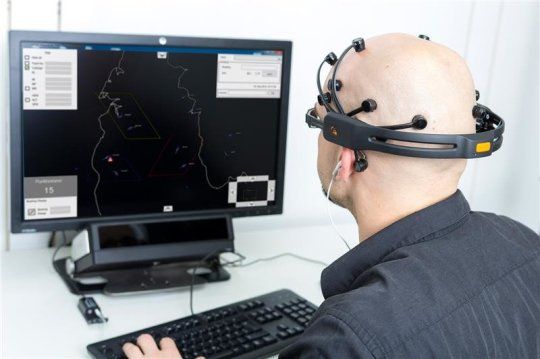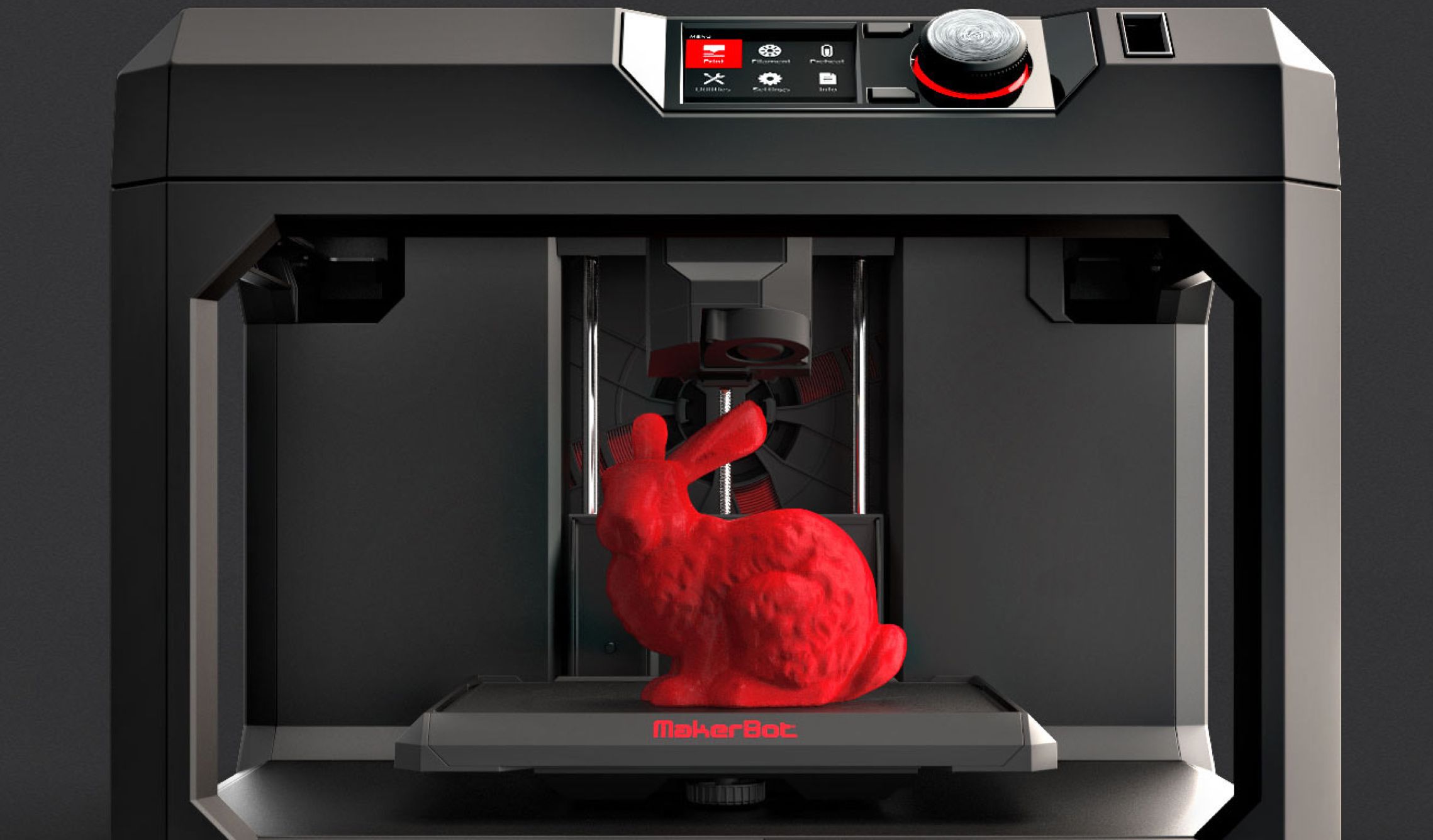
The findings showed that the shrinking of the hippocampus — brain region associated with learning and memory — actually precedes the onset of a change in behaviour — namely the loss of memory. “Until now, no one knew the evolution of these changes. Does the hippocampus shrink before or after memory loss? Or do the two happen handin- hand,” said Sumantra Chattarji, Professor at National Centre for Biological Sciences in Bengaluru, Karnataka, in a statement.
Using rats as a model system which reacts to stress much as humans do, the team studied how the brain changes in structure during stress. The results showed that when under stress, rats develop anxiety-related behaviours and their ability to form memories are affected. In the study, rats were subjected to stress for two hours every day over 10 days. The brains were examined with MRI scans on several days over the course of the study, and their ability to form memories were assessed repeatedly.
After just three days of stress, the hippocampus of every stressed rat had shrunk. “Normally structural changes are seen in the brain after a long time — say 10 to 20 days. Three days doesn’t even count as chronic stress,” Chattarji added. Five days after stress exposure, the rats’ hippocampus-based ability to make memories was tested again. The stressed rats were found to perform almost as well as unstressed rats, the researchers said. “Volume loss and shrinkage has happened, yet spatial memory is still holding up,” Chattarji said.
Continue reading “Brain scan during stress may predict memory loss” »



















